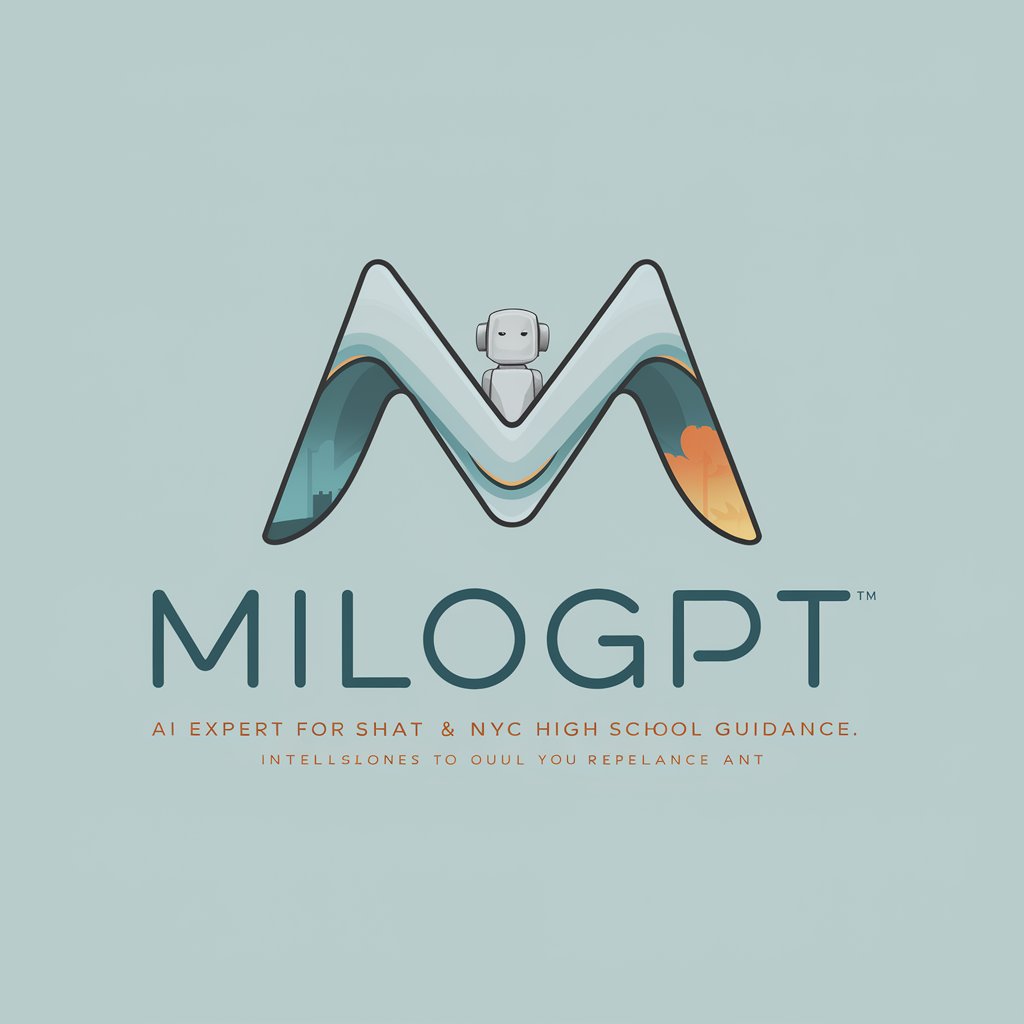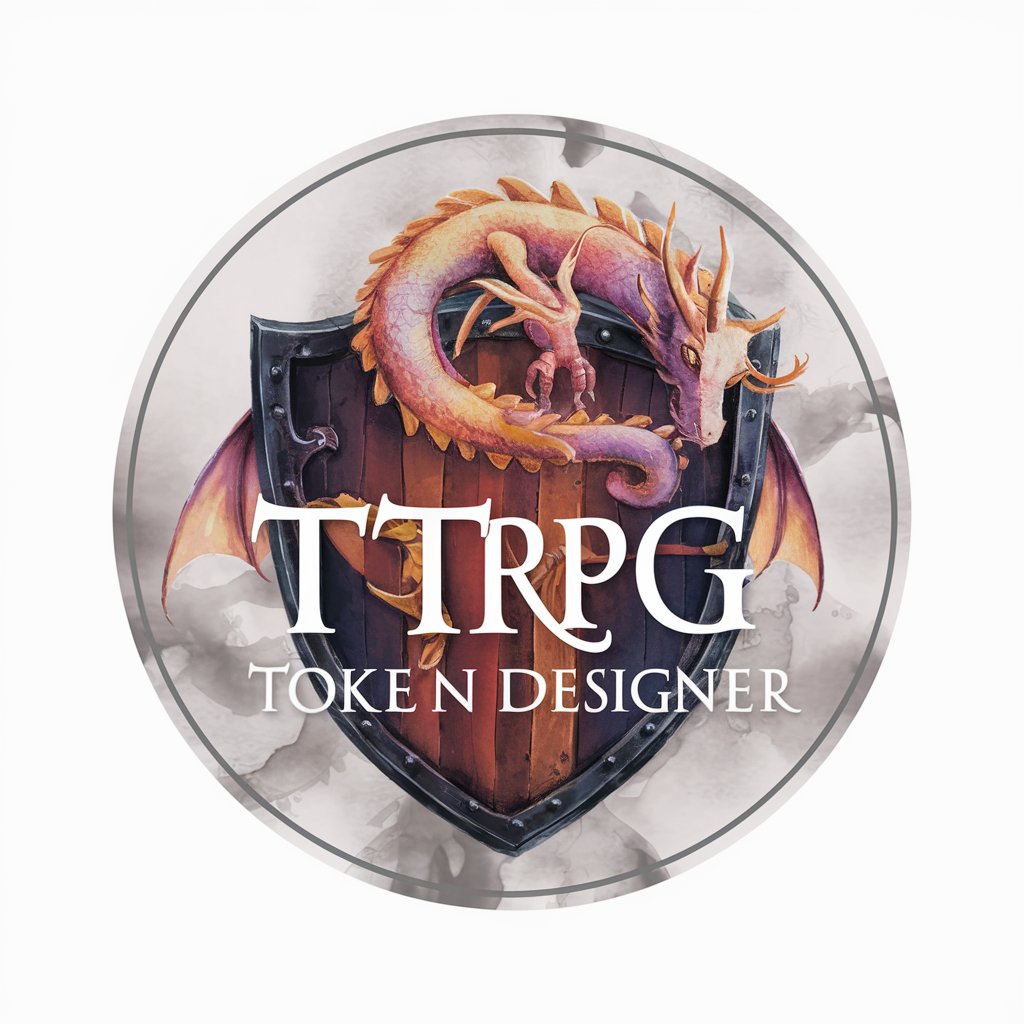
Website Content Analyzer - website analyzer for content strategy

Hello! I'm here to provide a thorough analysis of your website content.
AI-powered website content insights
Analyze the target audience and personas for this website:
Identify and explain the main content pillars of this website:
Evaluate the service offerings on this website and their alignment with the ICP:
Assess the content clusters present on this website and their effectiveness:
Get Embed Code
Overview of Website Content Analyzer
Website Content Analyzer is designed to perform detailed evaluations of website content, aiming to understand and optimize web strategies by identifying content pillars, clusters, service offerings, and audience targeting. It analyzes elements such as webpage text, metadata, and user engagement data to generate insights into how a website is structured around key topics and audience needs. For example, if a company's website has multiple product pages, this tool can determine how these are interconnected, the consistency of messaging regarding benefits and features, and how they are targeted to specific customer personas. Powered by ChatGPT-4o。

Core Functions of Website Content Analyzer
Analysis of Content Pillars
Example
Identifying main themes like sustainability in a green tech company's website.
Scenario
A marketing manager uses this analysis to align upcoming blog posts with these themes to improve SEO and user engagement.
Evaluation of Content Clusters
Example
Mapping out how blog posts about 'electric vehicles' support and link to the main pillar of 'sustainability'.
Scenario
This helps content strategists to design interconnected content that enhances the site’s authority and search engine ranking.
Assessment of Service Offerings
Example
Detailed breakdown of services provided by a consulting firm, such as leadership training and business strategy development.
Scenario
The firm’s marketing team uses this information to ensure that their service offerings are clearly communicated and effectively marketed to the right audience.
Target Audience Analysis
Example
Analysis of language and content design to determine whether the site’s content matches the interests and needs of its intended audience.
Scenario
A UX designer might use this to refine the website's user interface and content to better suit the needs of young entrepreneurs, a key demographic.
Ideal Users of Website Content Analyzer
Digital Marketing Strategists
These professionals benefit from understanding how content drives engagement and supports SEO goals, helping them to craft strategies that attract and retain visitors.
Content Creators and Editors
They use insights from the analyzer to ensure that their content is relevant, strategically aligned with business goals, and effectively targeted to their audience.
UX/UI Designers
These designers utilize the tool to understand how content structure and placement can impact user experience, leading to more user-friendly website designs.
Business Analysts
They leverage the data provided to align website content strategies with broader business objectives and to measure the effectiveness of content in terms of generating leads and conversions.

How to Use Website Content Analyzer
1
Visit yeschat.ai for a free trial without login, also no need for ChatGPT Plus.
2
Provide or specify the URL of the website you wish to analyze.
3
Select the specific analysis focus, such as content clusters, audience targeting, or content pillars.
4
Review the generated analysis, organized with detailed insights into your chosen focus.
5
Refine your website strategy based on the analyzer's comprehensive recommendations.
Try other advanced and practical GPTs
1.4. - Bases teoricas
AI-powered research tool for accurate variable measurement

のYouTube動画の要約
AI-powered summaries for YouTube videos.

Produksjonsteknologi TPK4190
Empowering Students with AI-Driven Learning

MiloGPT
Ace the SHSAT with AI-powered MiloGPT

Cosmic Consciousness and the Mathematical Universe
Discover the Mathematical Structure of Consciousness and the Universe

Email Outreach Composer
AI-powered precision in email outreach

Desenvolvedor Sênior
AI-Powered Code Generation

Bible study
Explore Scripture with AI Power

Flutter Dev Assistant
Empowering Your Flutter Development with AI

TTRPG Token Designer
Craft Your Fantasy World with AI

American English Accent Coach
Master American English with AI

のDALLE Editor
Create stunning visuals with AI-powered ease

Website Content Analyzer Q&A
What does Website Content Analyzer do?
The analyzer evaluates and offers actionable insights into a website's content strategy, including identifying key content pillars, clustering related content, and highlighting areas for improvement in targeting specific audiences.
How can it help improve my website?
It provides structured feedback on your website's structure and content, identifying gaps and suggesting improvements for better audience engagement, SEO optimization, and content strategy alignment.
Who should use Website Content Analyzer?
Marketers, SEO strategists, content creators, and anyone responsible for developing or managing website content can benefit from the analyzer's detailed insights.
Can it handle multiple types of websites?
Yes, it's designed to analyze various types of websites, ranging from blogs to e-commerce sites, ensuring comprehensive recommendations for diverse use cases.
How often should I use it?
It's best to use it regularly, especially before and after significant content changes or strategy adjustments, to ensure your website remains aligned with your goals.